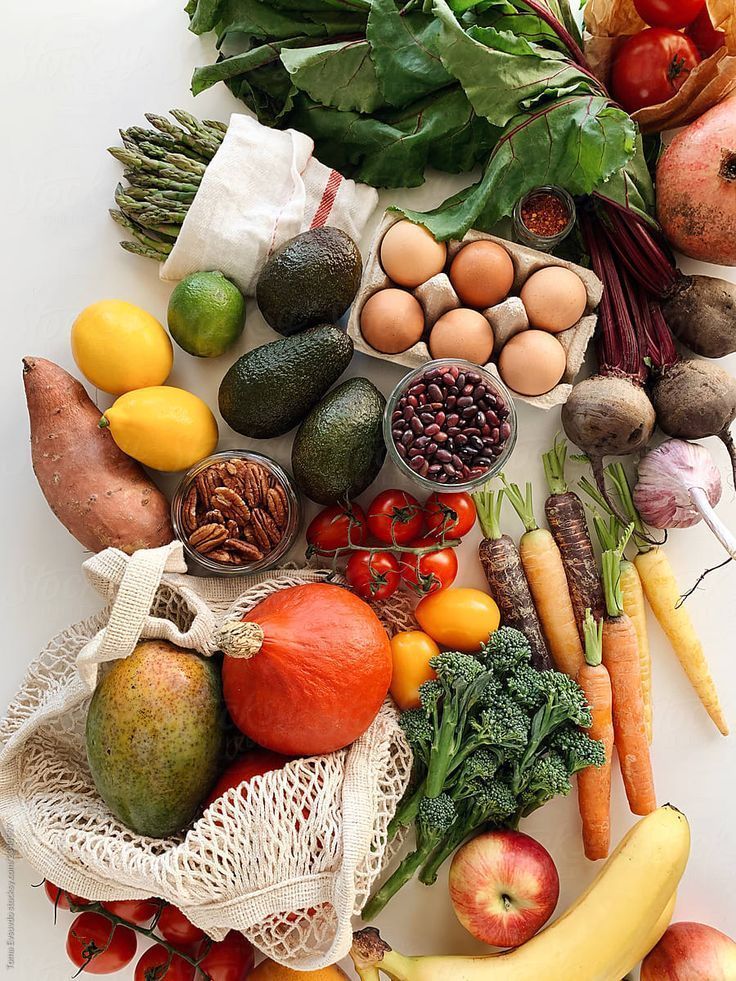Nutrition is a cornerstone of health and wellness. The foods we select energize our bodies for daily activity, recovery, and sustained vitality. More than just eating the right amount, choosing high-quality, nutrient-dense foods is essential for achieving a longer and better quality of life.
We recognize that diet and nutrition can seem daunting. There is an abundance of fad diets and conflicting media messages. Yet, nutrition quality does not have to be complex. In fact, going back to the basics and focusing on whole, minimally processed foods can help to create a more nutrient-dense diet. Let’s explore three essential components of nutrition quality: macronutrients, gut health and micronutrients.
Macronutrients: Our Main Fuel
You are likely familiar with macronutrients—carbohydrates, fats, and protein—which account for our daily calorie intake (excluding alcohol). Before examining the nutrient quality of our foods, macronutrients form the foundation that supports our ability to perform and function. Regarding macros, protein takes the spotlight. Whether you are looking to increase muscle mass, lose body fat, recover from workouts, or simply feel more energized, protein is key. As a general rule, we should aim for 0.8 and 1.6g of protein per kilogram of body weight, depending on our health and fitness goals. Protein intake becomes even more important as we age because, as we get older, our muscles become less efficient at using protein for muscle retention, which can put us at risk of age-related muscle loss (aka sarcopenia).
Gut Health: Our Internal Ecosystem
Moving from macronutrients to another critical area of nutrition quality, gut health plays a significant role in our wellbeing. Consuming a diet rich in micronutrients, prebiotics, probiotics, and fiber supports a healthy gut microbiome. Gut health is tied to digestion, hormone health, immunity, and the gut-brain axis. Think of your gut as an internal ecosystem, critical to your energy levels and overall health.
A healthy gut is populated with beneficial bacteria that aid digestion and nutrient absorption. Eating a diverse array of whole foods is essential as they offer a greater variety of micronutrients, fibre and pre/probiotics than processed options. Men should aim for ~38g daily, while women should aim for 25g. High fibre foods include fruits and vegetables, oatmeal, quinoa, chia seeds, and whole-grain bread and pasta. Probiotics are live bacteria that provide health benefits when consumed regularly. Fermented foods such as yogurt, kombucha, kefir, sauerkraut, and kimchi are rich in probiotics. Consuming a variety of probiotic strains supports gut health. However, prebiotics are equally important and are found in garlic, onions, bananas, rice, beans, legumes, and oats.
Micronutrients: Small but Mighty
Micronutrients are another key aspect of nutrition quality. These vitamins and minerals are essential for optimal body function. Micronutrients drive hormone and enzyme production, immune response, reduce oxidative stress, and support growth and development. There are two main types of vitamins, they can be broken into two categories; water-soluble vitamins and fat-soluble vitamins. Minerals can also be divided into two main categories and they include macro minerals and trace minerals. All types are important which is why we stress the importance of having a diverse diet.Despite our best efforts, vitamin and mineral deficiencies are relatively common and supplementation may be necessary. Some of the more common vitamin and mineral deficiencies among Canadians include Vitamin D, Vitamin A, Vitamin C, Vitamin B12, calcium, magnesium, zinc and iron.
The links between gut health and overall wellbeing are extensive, highlighting the impact of nutrition on our quality of life. Prioritizing a variety of whole foods in your diet is key to nutrition quality and promoting a diverse and resilient gut microbiome, which in turn helps to prevent nutrient deficiencies. Our team is here to support you during your workouts, as well as with your diet and nutrition. Trainer and nutrition coach Liam can create a personalized nutrition plan tailored to you and your individual goals to help eliminate the guesswork from your diet.


